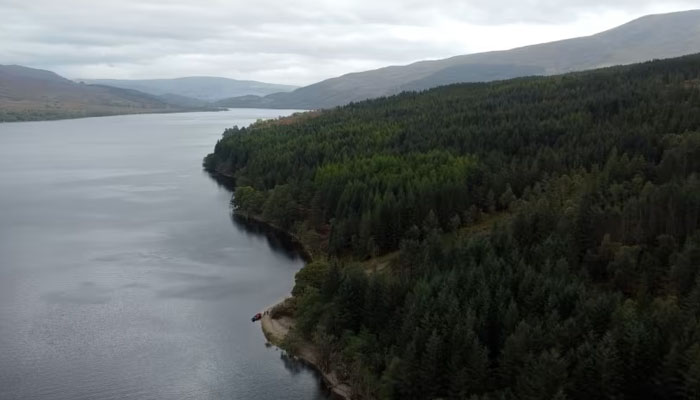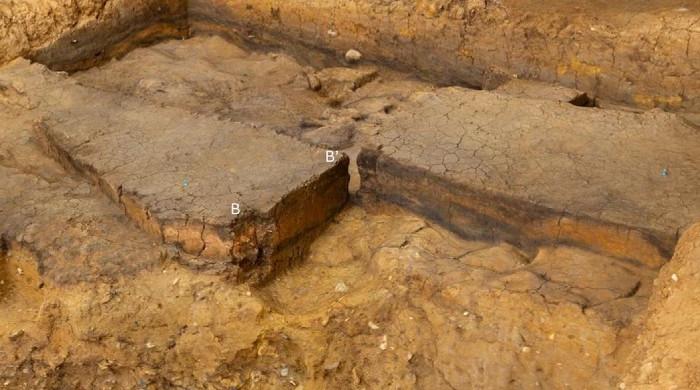Tarzan of Today turns eco-warrior on Mission to save Scotland's ancient woodlands
Meet Tarzan, the logging horse, who now commutes to work on a state-of-the-art barge
September 30, 2023

The traditional world of timber transport has joined forces with the modern era to breathe new life into a stunning remnant of Caledonian pinewood and Scotland's unique rainforest ecosystem.
Meet Tarzan, the logging horse, who now commutes to work on a state-of-the-art barge.
This collaboration is a lifeline for a remote region in the Scottish Highlands with no road access. Located on the shores of Loch Arkaig, the Pine Forest at this site holds precious remnants of ancient Caledonian pinewood and Scotland's rainforest.
Decades ago, in the 1960s, non-native conifers were planted here in response to surging timber demand. These conifers have since matured, threatening to overshadow and suffocate the remaining native pines and other indigenous tree species.
Simon Dakin, a seasoned tree feller who has partnered with Tarzan for eight years, explained the horse logging process. While it may be more time-consuming and labour-intensive compared to modern machinery, it minimises ground damage and offers clear environmental benefits.
To protect nesting birds and other wildlife during their breeding season, the felling operation is strategically scheduled for winter. The forest is a sanctuary for native species, including red deer, ospreys, sea eagles, pine martens, and red squirrels. However, the project's grand ambition is to rejuvenate Scotland's natural rainforest.
Henry Dobson, Estate Manager at Woodland Trust Scotland, emphasized the forest's remarkable capacity for regeneration once the non-native spruce trees are removed. He drew parallels between the Scottish Highlands and the Amazon jungle, highlighting the key factor of consistent rainfall.
Approximately 70,000 tonnes of predominantly Sitka spruce and lodgepole pine will be removed over five years, allowing the remaining native trees to reclaim the site and propagate.
The Arkaig Community Forest, a local group, collaborated with the Woodland Trust to ensure the success of this regeneration project. Angela Mercer, a member of the group, underscored the project's significance in combating climate change by enhancing biodiversity.
Notably, the use of a barge for timber transport across freshwater is believed to be a first in the UK. The Woodland Trust has even more ambitious plans, aiming to develop the world's first electrically charged timber transportation vessel.
The forestry sector is closely monitoring this groundbreaking scheme, recognizing its potential to set a precedent for sustainable and environmentally friendly timber harvesting practices.









